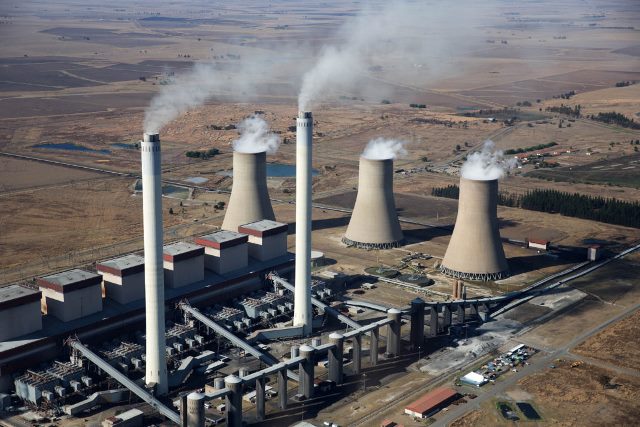The construction of Kenya’s first coal plant has been stopped after residents and environmentalists went to court. The National Environment Tribunal ruled that the license for the project was issued with no assessment of the impact it would have on the environment and the health of locals. The decision by the tribunal came at a time when residents of Mpumalanga in South Africa are complaining of adverse health effects caused by the coal plants in their area.
The Lamu Coal Plant was set to be East Africa’s first coal power station with a capacity to produce 1050 megawatts. The project was being run by a group of companies including Centum Investment and Gulf Energy ltd all operating under the name Amu Power Company.
Kenyan government backed the project claiming it would contribute to industrialization and improve the lives of many Kenyans. According to the government spokesman Retired Colonel Cyrus Oguna, coal is the best source of affordable and reliable power.
In sharp contrast, leaders in Lamu and environmental activists opposed the plan saying it would lead to health problems and cause damage to the area.
The Executive Director for Muslims for Human Rights, Hussein Khalid, told Aljazeera “If this project had been permitted to proceed, it would have had devastating effects on the environment and the health of people in Lamu.”
Another team who opposed the project is the Unesco World Heritage Committee. In 2015, the committee issued a report outlining the negative effects the plant would have on the World Heritage Site nearby.
The activists who welcomed the tribunal’s decision vowed to continue fighting against the coal project.




